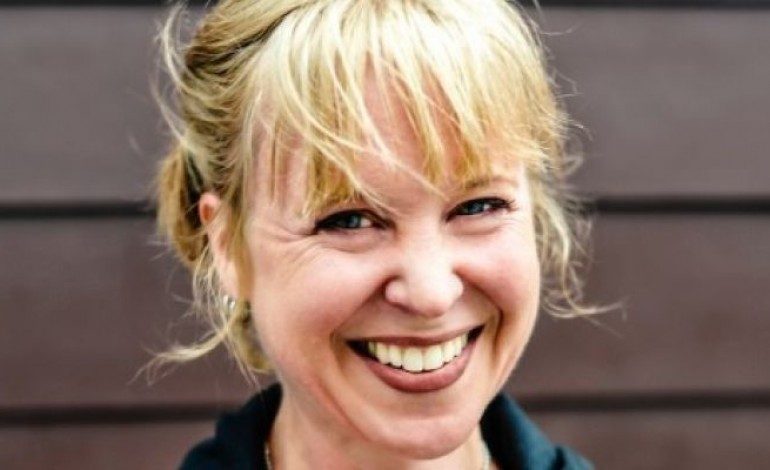

Heroine of famed eighties/nineties groups Throwing Muses and 50FOOTWAVE, Kristin Hersh drops the melancholic, yet ethereal single “Bubble Net,” right here in 2016. The successful independent-label activist delivers fans a serpentine number that delves into moments of upset and confusion only to be returned to nothing short of a both competing present, but nostalgic candor. The mystical, Bubble Net offers those anxiously awaiting Hersh’s November 11th album release, Wyatt at The Coyote Palace, an excited glimpse into what might be in store this Friday. Reports from fellow fanatics of a la musica, Exclaim, confirm, “Wyatt at the Coyote Palace hears Hersh working with producer Steve Rizzo, though she performed all instrumentation and vocals herself, and even collected additional field recordings.”
The newly released single works in two parts. The first fifty-or-so-seconds oozes with hearkening picks to the banjo, overlapped with obtrusive, uncomfortable sound clips that ultimately build up to Hersh’s own voice coming through the menage of utter chaos. Sonic collisions from the introduction instill fleeting moments of paranoia, fear, and delusion in the listener. And, then, just when Hersh teeters on losing her audience in their own galling mind, the artist swoops in and saves the day. Mind over matter.
Like the title of the new album’s meaning, so too does Bubble Net find salvation in the abandoned building behind the studio Hersh recorded most of her upcoming album. Romanticized visions of her son Wyatt exploring the dolorous building, “The Coyote Palace,” bend and twist in and out of the consciousness, like Alice trying to find her way through Wonderland. Elements of innocence graze the surface of something almost, but not quite perverse below, well below the coyote.
But then the sun comes up, and life-giving guitar stylings parallel the very likes of fellow, female act Mazzy Star. The track evidently takes listeners off guard, and is ultimately rewarding. While complicated instrumentation works itself throughout the whole track, Hersh’s repetition of, “there is no tomorrow,” throughout more than half of the song’s span acts more as an indian-like drone instrument (a tanpura) in a raga, than anything else. The words in the song work more in maintaining time, rhythm, and structure, while the composition as a whole embodies a piece of music much greater than the average indie/alt folk song. There, woven within the seams of the song, lies a whole story arc. Bubble Net leaves alternative music followers smitten with the simple, yet alternately complex modes executed by the female artist herself.
